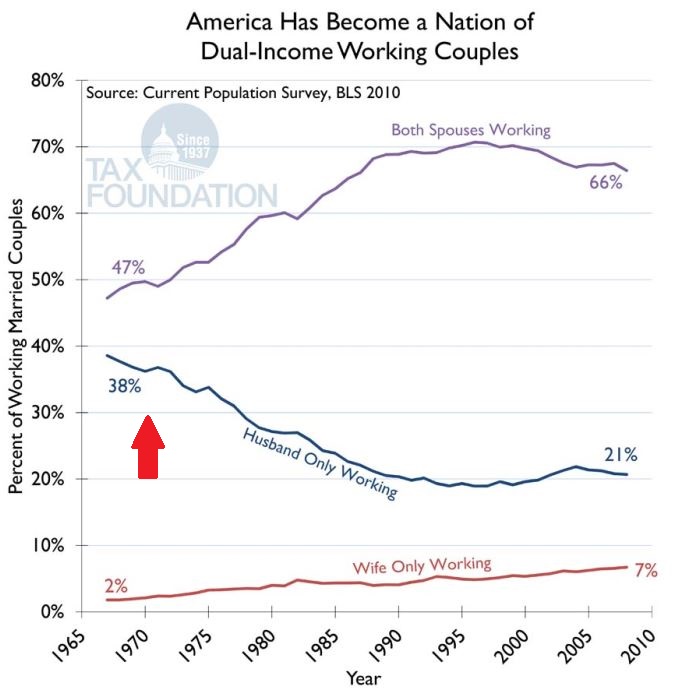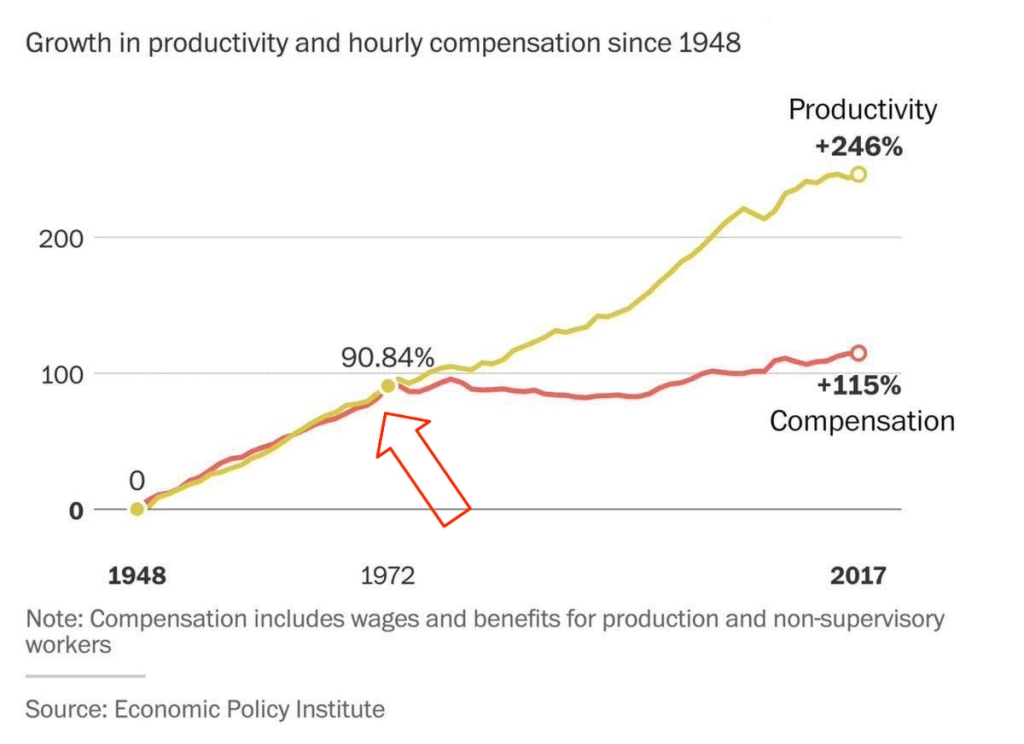https://www.ecosophia.net/lords-of-the-fall/Far more significantly, there are still plenty of things that nations, cultures, and communities can do to shield themselves against some of the impacts of the ongoing decline. Until quite recently, I was fairly sure that none of those would be done on any scale large enough to matter. At the moment, though, it appears as though one of the most important of those steps is being carried out with considerable verve by the government of the United States. Readers who have been with me since the peak oil days will remember when economic relocalization was a major theme of discussion, and dependence on global resources was recognized as a lethal weakness in the face of decline. Now, to my great surprise, here we are: the global economy is being dismantled and economic relocalization pushed by, of all people, Donald Trump.
I have no reason to think that Trump realizes that he’s fulfilling one of the great hopes of the long-dead peak oil movement. I doubt it has ever occurred to him that industrial civilization is on the downslope of its history; if anything, his singleminded focus on “making America great again” suggests that he’s sure that any problems we face can be overcome with the right mix of legal and regulatory changes, hopeful rhetoric, and bluster. The fact remains that he’s responding to one of the core features of the crisis of our time in a way that might just give the United States a less abrupt decline, and also make room for other constructive changes.
Though I didn’t expect this, a case could be made that I should have. Trump is a type that surfaces tolerably often during the twilight of a civilization: brash, charismatic, ruthless, and ambitious pragmatists who rise to power when the existing order has failed to deal with the challenges of the age. Call them the Lords of the Fall. They quite often become figures of legend in retrospect, grown larger and grander than life in folk memory, though that process also strips away most of their harsher aspects: the few early accounts we have of the Roman-British warlord Artorius, to cite only one famous example, suggest that he was a far more brutal and ambivalent figure than the “King Arthur” that minstrels manufactured from surviving scraps of his legend centuries later.
It’s anyone’s guess whether Trump, once his reputation has been manhandled in the usual way by folk memory and industrious minstrels, will become the center of a cycle of legends in the dark age towns and countryside of deindustrial America; it could as well be some other figure of the same broad type who rises to power fifty or a hundred years from now. For the time being, though, we have a Lord of the Fall to deal with, and quite a few of the apparent certainties of our situation are up for grabs at this point, for good or ill. That, too, we’ll discuss in later posts.
It's good to see that the Archdruid is back to talking about the new dark age.

